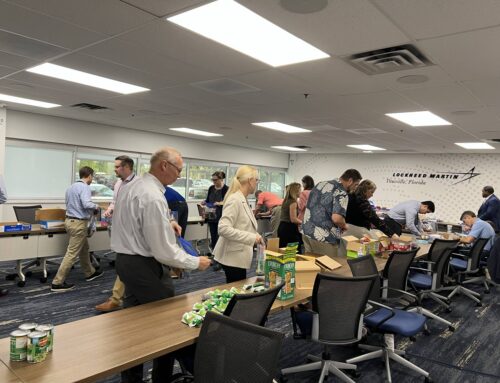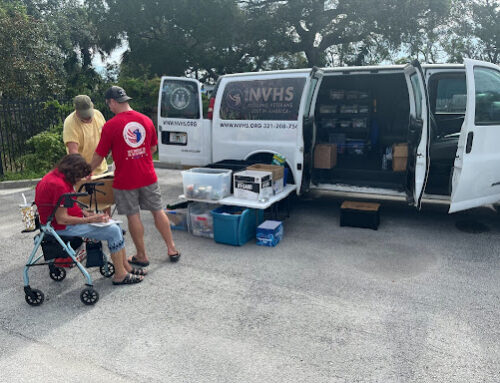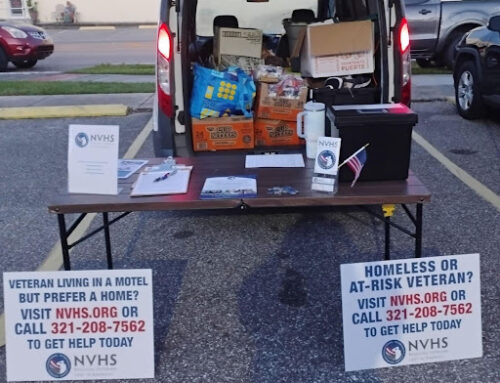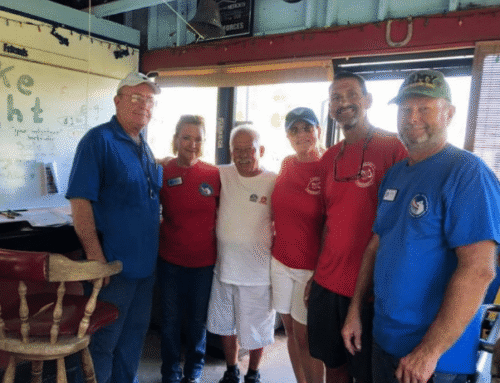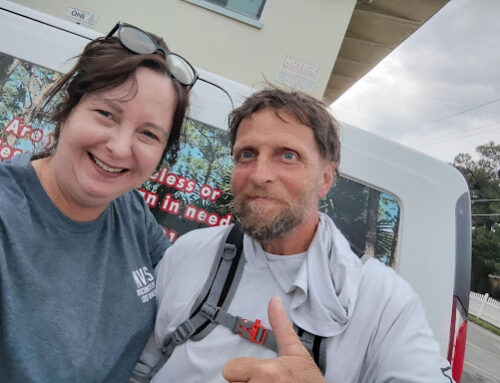Veterans and Adaptive Sports: Opportunities for Engagement and Recovery
Adaptive sports are recreational and competitive activities modified to meet the needs of individuals with physical and intellectual disabilities. These sports allow participants to engage in physical activity, build community, and enhance their quality of life. Adaptive sports encompass a wide range of activities, including wheelchair basketball, sit skiing, and handcycling, among others. The primary goal is to provide an inclusive environment where everyone can enjoy the benefits of sports. In this article, we’ll explore adaptive sports further and look at how they can be particularly beneficial for veterans.
Examples of Adaptive Sports
Adaptive sports come in many forms, catering to various physical abilities and interests. Here are a few notable examples:
- Wheelchair Basketball: Wheelchair basketball is a popular adaptive sport where athletes use specially designed wheelchairs to maneuver on the court. The rules are similar to those of traditional basketball, with some modifications to accommodate the use of wheelchairs.
- Sit Skiing: Sit skiing allows individuals with lower limb impairments to enjoy skiing. Participants use a sit ski, a device that includes a seat mounted on a ski. Sit skiers can navigate slopes and enjoy the thrill of skiing with specialized equipment.
- Handcycling: Handcycling is a form of cycling where the bike is powered by the rider’s arms instead of their legs. This sport is suitable for individuals with lower limb impairments and provides an excellent cardiovascular workout.
Benefits of Adaptive Sports for Veterans
Adaptive sports offer numerous benefits for veterans, particularly those with disabilities resulting from their service. Here are some key benefits:
- Physical Health Improvements: Engaging in adaptive sports can significantly improve a veteran’s physical health. Regular participation helps enhance cardiovascular health, muscle strength, and flexibility. For instance, wheelchair basketball and handcycling are excellent for building upper body strength and cardiovascular endurance.
- Mental Health Benefits: Adaptive sports play a crucial role in improving mental health. Participation can reduce symptoms of depression, anxiety, and post-traumatic stress disorder (PTSD). The sense of accomplishment and the endorphin release from physical activity contribute to better mental well-being. According to the VA, around 1.7 million veterans receive mental health care in a VA facility, highlighting the importance of comprehensive care, including physical activities.
- Social Connectivity: Adaptive sports provide veterans with opportunities to connect with others who share similar experiences. This social interaction can reduce feelings of isolation and loneliness, which are common among veterans. Programs such as veteran or military adaptive sports camps foster camaraderie and support networks essential for emotional recovery.
- Skill Development and Empowerment: Engaging in adaptive action sports empowers veterans by helping them develop new skills and gain confidence. These sports challenge individuals to push their limits and achieve goals they may have thought unattainable. This empowerment translates into other areas of life, promoting a sense of independence and self-efficacy.
- Rehabilitation and Recovery: Adaptive sports are integral to rehabilitation for many veterans. They provide a structured way to regain physical capabilities and adjust to new ways of performing tasks. Sports such as sit skiing and wheelchair rugby can be particularly effective in rehabilitation settings. The adaptive sports programs also help veterans reintegrate into civilian life by offering structured, goal-oriented activities that mimic the discipline and teamwork of military service.
- Access to Specialized Equipment: Adaptive sports equipment is designed to meet the unique needs of participants. For example, specialized wheelchairs for basketball or rugby are lighter and more maneuverable, while sit skis provide stability and control on the slopes. Access to this equipment is crucial for participation and performance in adaptive sports.
The benefits of adaptive sports for veterans are well-documented. Approximately 5.3 million veterans — nearly 30% of all veterans — have service-connected disabilities, and many of these individuals can benefit from adaptive sports programs. The VA and other organizations offer numerous programs to support veterans in adaptive sports, demonstrating the significant demand and positive outcomes associated with these activities.
Programs and Resources
There are numerous programs and resources dedicated to supporting veterans in their pursuit of adaptive sports. These initiatives provide essential training, equipment, and community support to enhance veterans’ engagement and recovery, and they include:
- VA’s Office of National Veterans Sports Programs and Special Events: There are various programs available to support veterans in adaptive sports. The VA offers adaptive sports and arts for veterans, which provides resources and training opportunities for veterans interested in adaptive sports. These programs aim to enhance the physical and mental health of veterans through regular participation in sports and recreational activities.
- Military Adaptive Sports Camps: Military adaptive sports camps provide immersive experiences for veterans to learn and engage in various adaptive sports. These camps offer professional coaching, adaptive equipment, and a supportive environment, enabling veterans to explore new sports and develop their skills.
- Community-Based Programs: Local communities also play a vital role in supporting veterans through adaptive sports. Many community centers and organizations offer adaptive sports programs tailored to the needs of veterans. These programs often collaborate with the VA and other veteran service organizations to ensure comprehensive support.
Adaptive sports offer a transformative opportunity for veterans to engage in physical activity, improve their health, and build strong support networks. They are more than just physical activities — they are a crucial component of holistic veteran care, promoting physical health, mental well-being, and social connectivity. Whether through veterans adaptive sports and training programs, specialized camps, or community initiatives, these activities provide a path to recovery and reintegration for many veterans. By embracing adaptive sports for disabled veterans, we can enhance the quality of life for those who have served and sacrificed for our country.
National Veterans Homeless Support (NVHS) seeks to eliminate homelessness among veterans in Central Florida and nationwide. NVHS takes a proactive, intervention-based approach to homelessness by meeting homeless veterans where they are and helping them from there. Through programs such as Search and Rescue Outreach, NVHS helps homeless veterans get the supplies they need to survive, connects them with support and resources, and helps them transition off the streets and into temporary or permanent housing. Some of our programs also include art therapy to help veterans heal. If you’re able, consider supporting our mission by donating or signing on as a volunteer.

